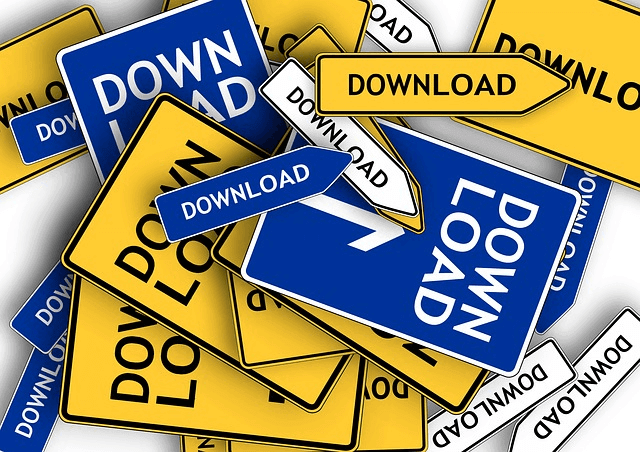There are many available torrent sites that you can visit on the internet, and the use of such sites varies depending on what you are looking for. When you are torrenting, it means that you are using a peer-to-peer network to share files with other people. You can be as a seeder or a leecher in the P2P network. Seeders are people who contribute to the sharing of specific files within the torrent network, meaning that they are the ones that are uploading the files. The leechers are people who are requesting such files to be downloaded to their machines.
Of course, in some countries, torrenting can be illegal because it is one of the ways to obtain illegal file downloads, such as music, movies, software, and any other file types that are otherwise should be distributed legally. However, with the use of VPN, it is possible for you to torrent any files without getting detected since the private network can completely disguise your real IP address. It is also important to note that there are also many legal downloads that are provided through torrents, such as the download of indie and free movies, open source software, various free projects, and the like. The question is: Should you use VPN for torrenting? Here are some things to consider:
1. Not All VPN Providers Allow P2P File Sharing
P2P file sharing is quite taxing for the servers that are used by most VPN providers, which is why not all VPN service providers will allow their users to use P2P file sharing or torrenting. This is because when you are torrenting, it means that you will keep your machine on for continuous data transmissions. Thus it can be a bandwidth eater for most of the users, and a great workload for the VPN servers. Thus, only reputable private network providers will allow P2P file sharing since they have the best performance servers with unlimited traffic and bandwidth. Almost all free and limited VPN services won’t allow torrenting.
2. Not All Countries Allow Illegal Downloading, Even With VPN
Although P2P file sharing or torrenting can be used for either good or bad purposes, the world of torrenting is closely related to the world of piracy and illegal downloading. Thus, some countries in the world won’t allow their users to do this kind of activity online, even when they use VPN. When you are using a regular ISP for torrenting in those countries, your ISP will display a warning that you shouldn’t proceed in such activities, and it can track your location or suspend your internet service. However, even though VPN torrenting is not allowed, there is no way the ISP or government can track your torrenting activities while using the virtual private network.
3. If It Is Legal, Why Not?
As with any type of technology, P2P file sharing can be used for both legal and illegal purposes. If you use it for piracy, then it’s illegal. But, if you are using it to share legitimate files over the internet, then that’s not a problem at all. So, if what you are doing with torrenting is legal, then there is no reason not to do such an activity. This is especially true with VPN where you can always hide your identity when you are doing this activity.
4. Torrenting Can Be A Faster Way To Download Files

The good thing about torrenting is that it can provide you with a faster way to download files over the internet as compared to the regular download. When you use the regular download, you are actually downloading the files from just one server, which can be slow or fast according to the server performance and speed. However, when you use P2P file sharing, you are downloading the file from multiple user’s machines, meaning that it will give you a significant boost in speed while downloading such files. This is one big benefit of torrenting if you want to consider doing this activity with your private connection active.
5. VPN Provides The Necessary Privacy Protection For P2P File Sharing
Regardless of whether you are downloading or sharing files legally or illegally, using torrent services is part of your rights as an internet user. Of course, the use of such a service will bring its own risks for the individual users. Thus, the individual users are the ones who need to review whether such activity is legal or illegal in their own country. In any case, using VPN for P2P file sharing will give you the necessary privacy protection from any type of third party tracking. Thus, you won’t get tracked by anyone if you decide to use any type of torrenting sites on your private connection.
So, whether you should or shouldn’t use VPN for torrenting is up to you. You should review your own legal responsibilities when using such services. However, the VPN connection can provide you with the best privacy and security protection in such a time when you decide to use P2P file sharing in your private network. Just be sure that your VPN provider allows you to use their private network for P2P file sharing.
